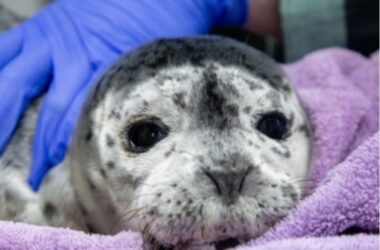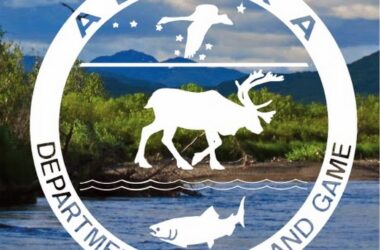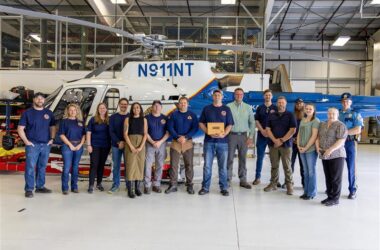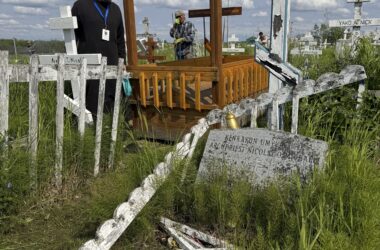The Alaska Department of Fish and Game is asking for help from the community to prevent the spread of disease in deer.
First things first: Do not feed the deer.
Feeding deer can cause them to congregate, which in turn, increases the overall chances of spreading the disease.
It’s important to remember that deer are considered to be wild animals. They are capable of foraging for food, even in winter, and do not need people to provide them with food.
Although deer seem tame, they may become aggressive if fed and can pose a risk to humans and pets. It is illegal to feed deer due to the risks of spreading disease throughout the deer population.
You can report violators by calling the Alaska State Troopers, Prince of Wales Post (907-826-2918) or anonymously by calling the Fish and Wildlife Safeguard (1-800-478-3377).
Something else to keep in mind is to ensure that you livestock, such as chickens, goats, and sheep, stay away from deer. Diseases can very easily be transferred from livestock to deer.
Free ranging livestock pose a threat to deer populations, and everything must be done to prevent contact of wild ruminants with domestic ruminants. Some diseases that can spread from domestic animals to deer include avian influenza, hoof and mouth disease, orf, and others.
Do not allow deer to eat livestock food or drink from livestock watering sources. Also, do not allow livestock and deer to intermingle.
If you are suspicious that you have spotted a sick deer, report your concern to the Alaska Department of Fish and Game. You can submit a wildlife health report via email (include photos, location, and details) to [email protected], and call your local Alaska Department of Fish and Game office.
Disease prevention is key to maintaining healthy wildlife populations. Follow these steps and share this information with your community.






